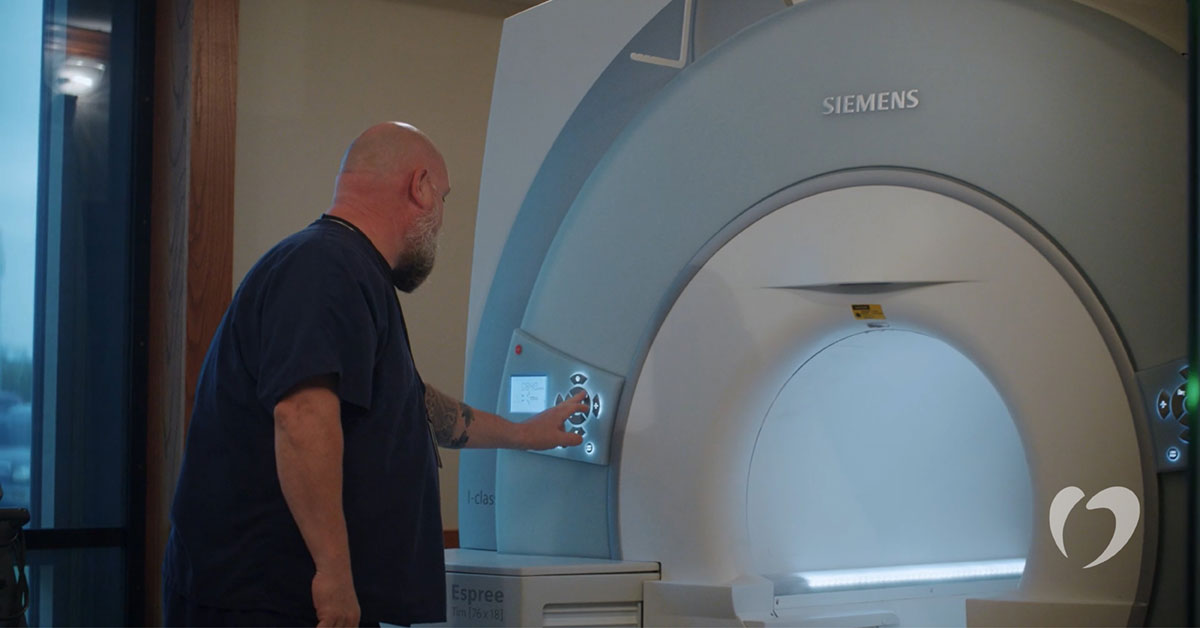Cardiac MRI to Diagnose Heart Conditions

One of the imaging tools available for diagnosing or monitoring heart conditions is a cardiac MRI. Magnetic resonance imaging (MRI) is used by cardiologists to diagnose complex heart problems, particularly if an echocardiogram is unclear or points toward a more complex issue. A cardiac MRI uses a large magnet in conjunction with radio waves to create a clear picture of the structure and function of the heart.
Diagnosing heart conditions
MRI is a tool many different types of doctors use to diagnose conditions of the back, spine, brain, stomach, and numerous other areas. A cardiac MRI can look at a number of different things within the heart, such as the chambers, valves, blood flowing through the vessels, and the tissues surrounding the heart. With the clear images that it generates, doctors are able to diagnose inflammatory conditions, tumors, and structural problems.
Common reasons a doctor may order a cardiac MRI are to diagnose or monitor conditions such as coronary artery disease, arrhythmias, congenital heart disease, and masses in and around the heart. Because an MRI uses no radiation and is noninvasive, it is a safe test for patients. This is particularly important for patients who will need many images over their lifetime.
What to expect during a cardiac MRI
For most patients, cardiac MRIs are an outpatient test. Generally, patients can wear normal clothes for their MRI, but you will need to remove all items with metal, including belts and jewelry, before the procedure begins. You may be given a hospital gown if your clothes contain too much metal or if the doctors need to use additional monitoring equipment during the test.
Patients will lie on a table that slides into a tunnel with open ends for the imaging. The test can be loud, as the machine’s electric coils and magnets make tapping and thumping noises while they work. Headphones are often provided to listen to music while the test occurs. The MRI should take between 15 minutes and an hour. After the test, you will be able to go home and resume all activities as normal.
Cardiac MRI is a non-invasive and generally safe procedure, but some patients who have pacemakers or other implantable devices have been warned not to have an MRI due to the interaction with the magnets. At OHH’s MRI Device Clinic, we have technology that makes MRI available to many people with implantable devices. MRI availability to those with pacemakers is potentially life-saving, particularly if they have cancer or other diseases that require imaging in the course of treatment. As always, doctors will evaluate patients on an individual basis to see if they are candidates for the MRI Device Clinic.
If you have been scheduled for a cardiac MRI and have questions, reach out to your team at OHH for more information.
